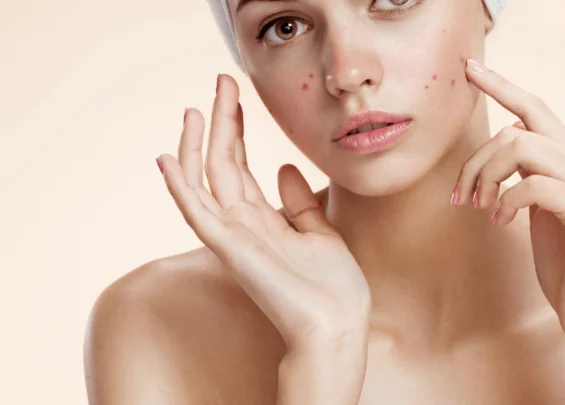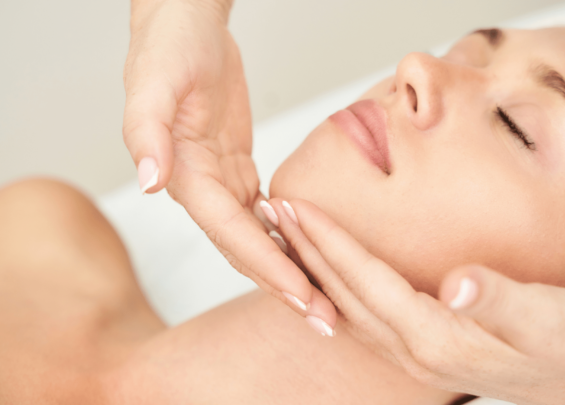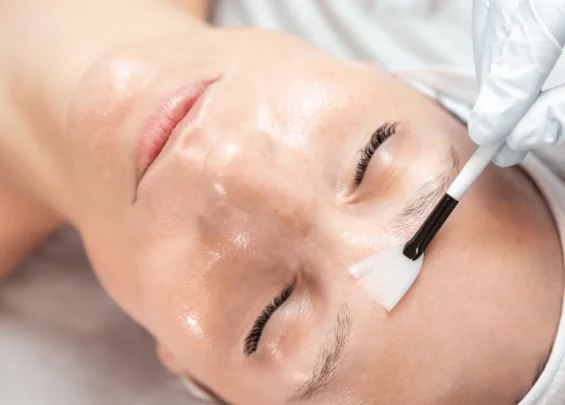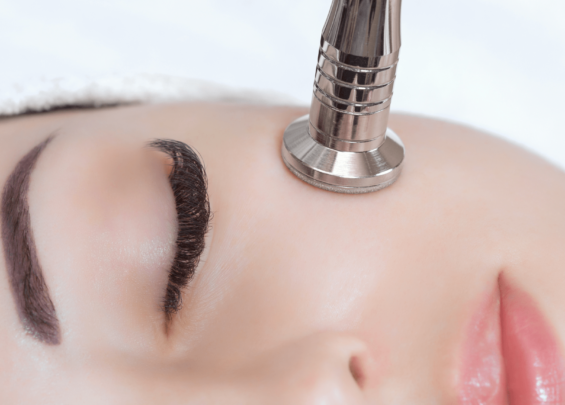Skin care treatments encompass a wide range of procedures and products designed to improve the health and appearance of the skin. These treatments can address various concerns such as acne, aging, pigmentation issues, dryness, and overall skin texture. Here are some common types of skin care treatments:
Regular cleansing removes dirt, oil, and impurities from the skin's surface, preventing clogged pores and breakouts. Exfoliation involves removing dead skin cells, promoting cell turnover, and revealing smoother, brighter skin underneath. This can be achieved through mechanical exfoliation (scrubs, brushes) or chemical exfoliation (products containing alpha hydroxy acids (AHAs) or beta hydroxy acids (BHAs)).
Moisturizers hydrate the skin, replenishing moisture and creating a protective barrier to prevent water loss. They are essential for maintaining skin elasticity and smoothness, especially for dry or dehydrated skin types.
Acne treatments aim to reduce and prevent acne breakouts. They may include topical treatments like benzoyl peroxide, salicylic acid, or retinoids, as well as oral medications prescribed by dermatologists for severe cases.
Anti-aging treatments focus on reducing the appearance of fine lines, wrinkles, and age spots. Common ingredients include retinoids (vitamin A derivatives), peptides, antioxidants (like vitamin C and E), and growth factors. Procedures such as laser resurfacing, microdermabrasion, and chemical peels also help improve skin texture and stimulate collagen production.
Sunscreen is crucial for protecting the skin from harmful UV rays, which can cause premature aging, sunburns, and skin cancer. Broad-spectrum sunscreens with SPF 30 or higher should be applied daily, even on cloudy days or indoors.
Certain skin concerns may require specialized treatments, such as:
Hyperpigmentation: Treatments may include topical agents like hydroquinone or kojic acid, chemical peels, and laser therapy.
Rosacea: Gentle skincare products and prescription medications can help manage symptoms like redness and inflammation.
Sensitive Skin: Avoiding harsh ingredients and opting for gentle, fragrance-free products can help soothe and protect sensitive skin.





